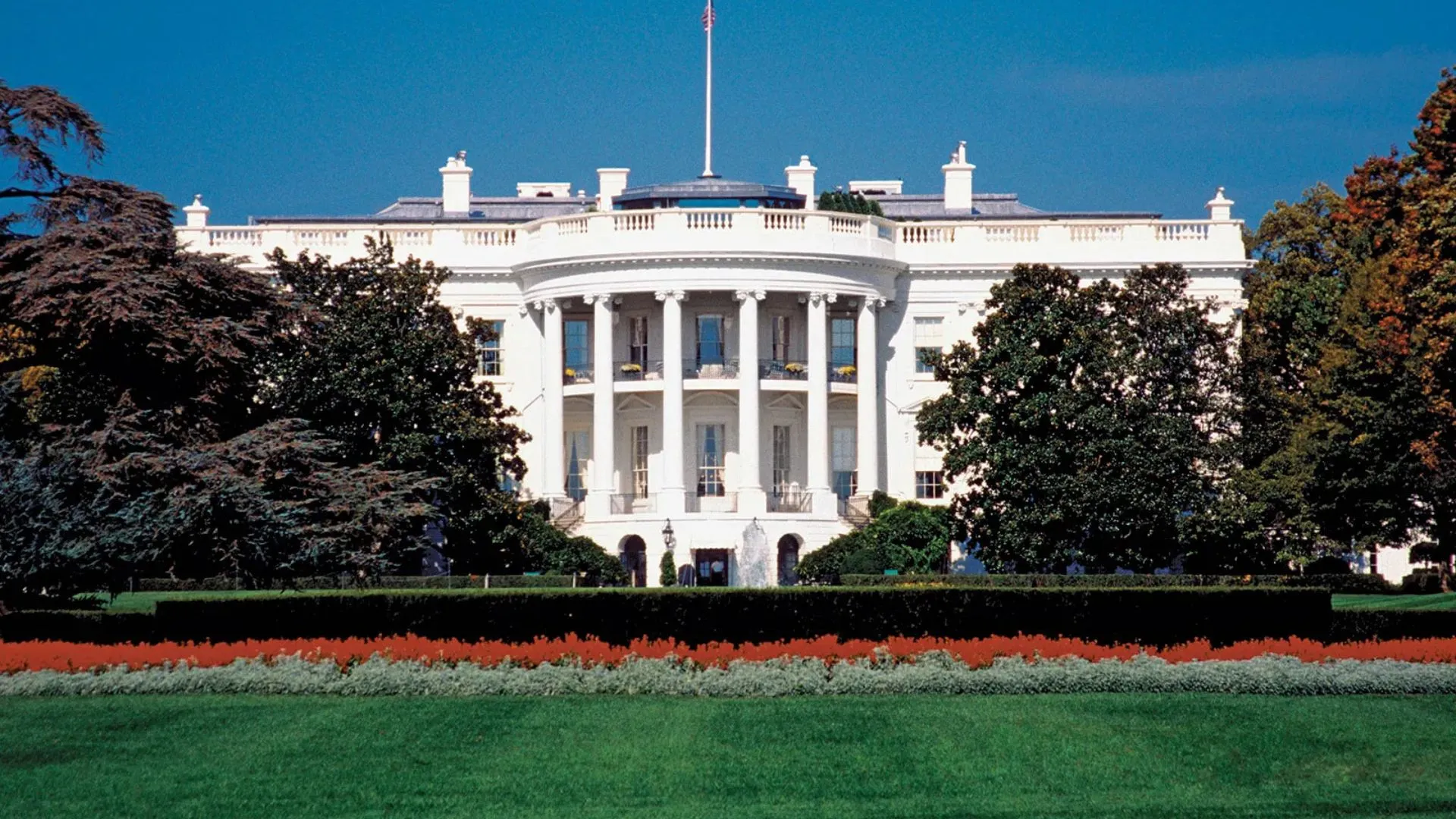The bill to increase the number of judges in the Pakistani Supreme Court may be introduced in the National Assembly (NA) next week, as reported by ARY News on Friday, citing sources.
The ruling government is currently facing internal disagreements regarding the proposed legislation aimed at expanding the Supreme Court’s bench from 16 to 23 judges, including the Chief Justice of Pakistan (CJP). Due to this lack of consensus, the decision has been made to delay the bill until next week, according to sources familiar with the matter.
It is anticipated that the bill will be presented in the House once an agreement is reached. Barrister Danyal Chaudhary from the Pakistan Muslim League-Nawaz (PML-N) introduced the bill. To facilitate its approval, the duration of the NA session, originally set to conclude on Tuesday, has been extended until Friday. Additionally, amendments to the Practice and Procedure Act are also being discussed, as per ARY News.
Must Read: UAE: Deputy PM Abdullah Bin Zayed Engages With Indonesia’s New FM To Strengthen Bilateral Ties
On Thursday, the Sindh High Court (SHC) issued notices to the Cabinet Division and the Ministry of Law and Justice concerning two constitutional petitions that challenge the validity of the 26th Constitutional Amendment. This amendment, which was previously passed by the government, aimed to revise the appointment process of the CJP and set the tenure for the position at three years.
The Pakistan Senate approved the 26th Constitutional Amendment Bill with a two-thirds majority on October 20, according to ARY News. Although the bill intended to ensure expedited justice, it faced significant opposition, particularly from Imran Khan’s Pakistan Tehreek-e-Insaf (PTI), which held protests claiming that the legislation would undermine judicial independence.
The bill comprises 27 clauses and includes proposed amendments to various articles of the Constitution. An amendment suggested by the Ulema-e-Islam-Fazl (JUI-F) has been incorporated, despite the party’s initial protests against the bill, which were later resolved through negotiations with the ruling government.
Also Read: EU Expresses Concerns Over Chinese Aggression Towards Taiwan






















